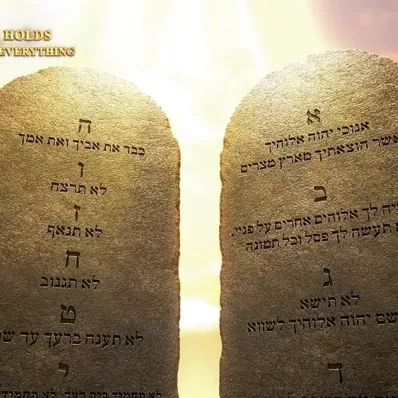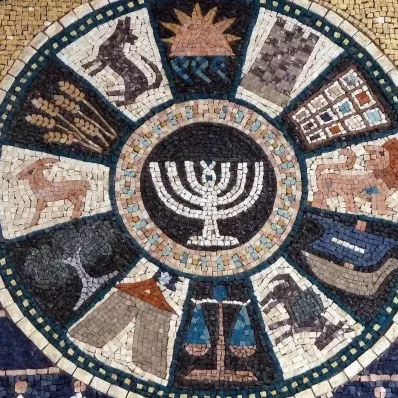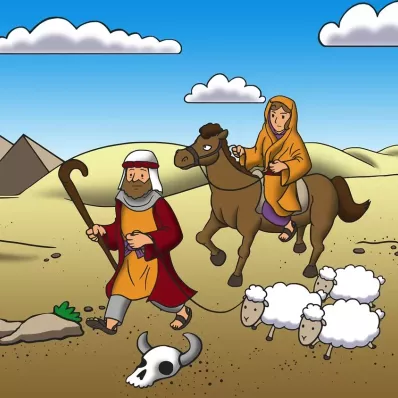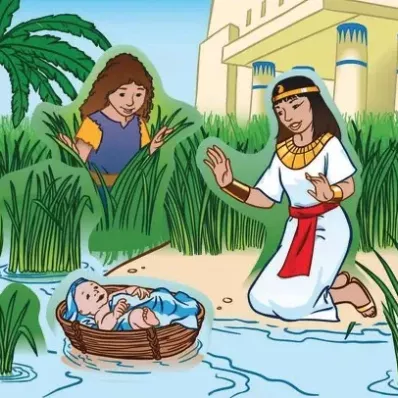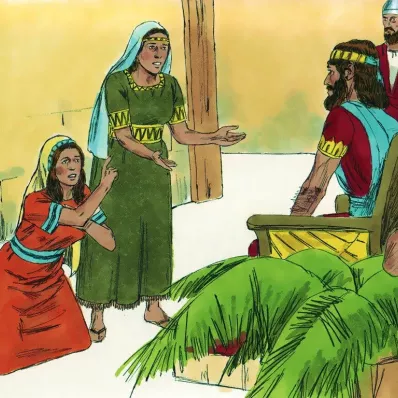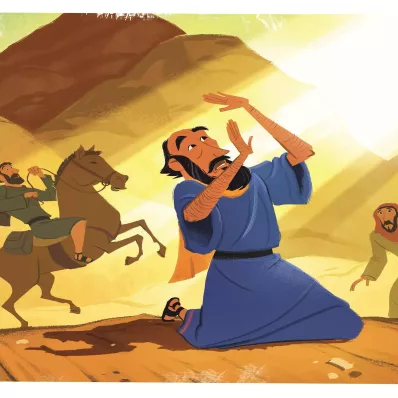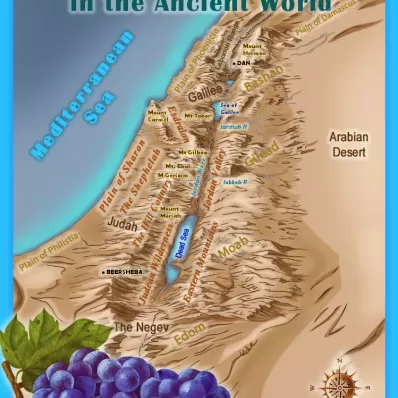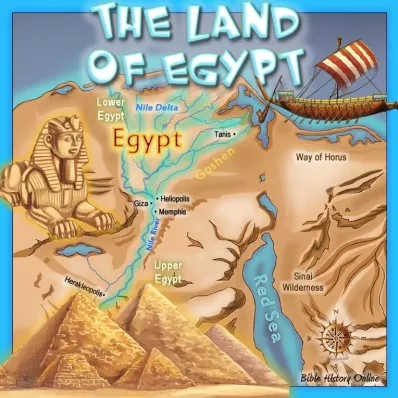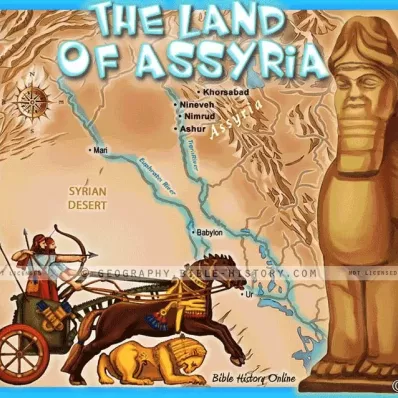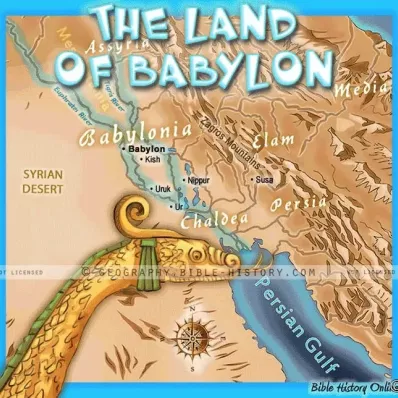Chronology
is the arrangement of facts and events in the order of time. The
writers of the Bible themselves do not adopt any standard era
according to which they date events. Sometimes the years are
reckoned, e.g., from the time of the Exodus (Num. 1:1; 33:38; 1
Kings 6:1), and sometimes from the accession of kings (1 Kings
15:1, 9, 25, 33, etc.), and sometimes again from the return from
Exile (Ezra 3:8).
Hence in constructing a system of Biblecal chronology, the
plan has been adopted of reckoning the years from the ages of
the patriarchs before the birth of their first-born sons for the
period from the Creation to Abraham. After this period other
data are to be taken into account in determining the relative
sequence of events.
As to the patriarchal period, there are three principal
systems of chronology: (1) that of the Hebrew text, (2) that of
the Septuagint version, and (3) that of the Samaritan
Pentateuch, as seen in the scheme on the opposite page.
The Samaritan and the Septuagint have considerably modified
the Hebrew chronology. This modification some regard as having
been wilfully made, and to be rejected. The same system of
variations is observed in the chronology of the period between
the Flood and Abraham. Thus:
| Hebrew Septuigant Samaritan
| From the birth of
| Arphaxad, 2 years
| after the Flood, to
| the birth of Terah. 220 1000 870
| From the birth of
| Terah to the birth
| of Abraham. 130 70 72
The Septuagint fixes on seventy years as the age of Terah at
the birth of Abraham, from Gen. 11:26; but a comparison of Gen.
11:32 and Acts 7:4 with Gen. 12:4 shows that when Terah died, at
the age of two hundred and five years, Abraham was seventy-five
years, and hence Terah must have been one hundred and thirty
years when Abraham was born. Thus, including the two years from
the Flood to the birth of Arphaxad, the period from the Flood to
the birth of Abraham was three hundred and fifty-two years.
The next period is from the birth of Abraham to the Exodus.
This, according to the Hebrew, extends to five hundred and five
years. The difficulty here is as to the four hundred and thirty
years mentioned Ex. 12:40, 41; Gal. 3:17. These years are
regarded by some as dating from the covenant with Abraham (Gen.
15), which was entered into soon after his sojourn in Egypt;
others, with more probability, reckon these years from Jacob's
going down into Egypt. (See EXODUS T0001283.)
In modern times the systems of Biblical chronology that have
been adopted are chiefly those of Ussher and Hales. The former
follows the Hebrew, and the latter the Septuagint mainly.
Archbishop Ussher's (died 1656) system is called the short
chronology. It is that given on the margin of the Authorized
Version, but is really of no authority, and is quite uncertain.
| Ussher Hales
| B.C. B.C.
| Creation 4004 5411
| Flood 2348 3155
| Abram leaves Haran 1921 2078
| Exodus 1491 1648
| Destruction of the
| Temple 588 586
To show at a glance the different ideas of the date of the
creation, it may be interesting to note the following: From
Creation to 1894.
According to Ussher, 5,898; Hales, 7,305; Zunz (Hebrew
reckoning), 5,882; Septuagint (Perowne), 7,305; Rabbinical,
5,654; Panodorus, 7,387; Anianus, 7,395; Constantinopolitan,
7,403; Eusebius, 7,093; Scaliger, 5,844; Dionysius (from whom we
take our Christian era), 7,388; Maximus, 7,395; Syncellus and
Theophanes, 7,395; Julius Africanus, 7,395; Jackson, 7,320.



